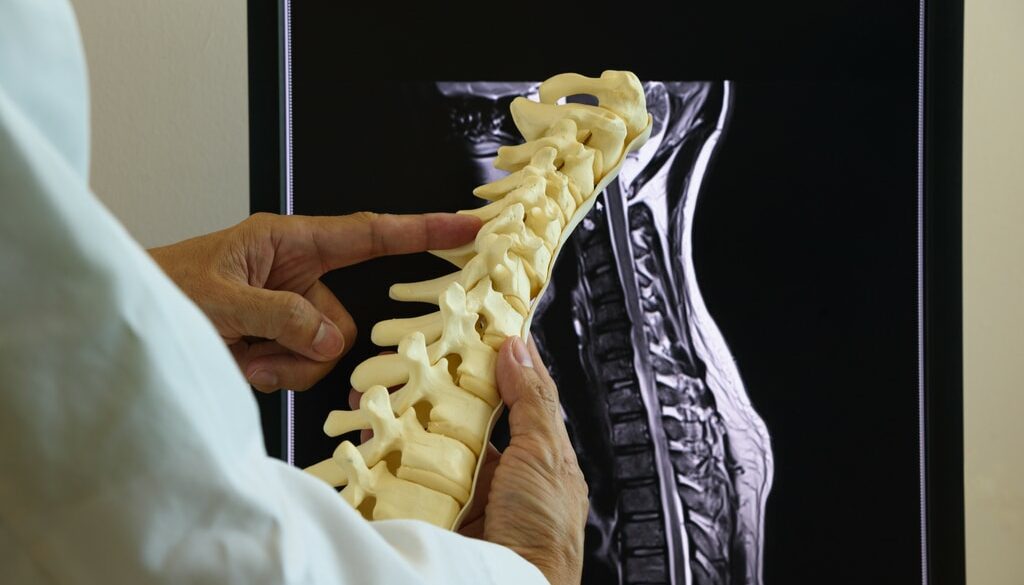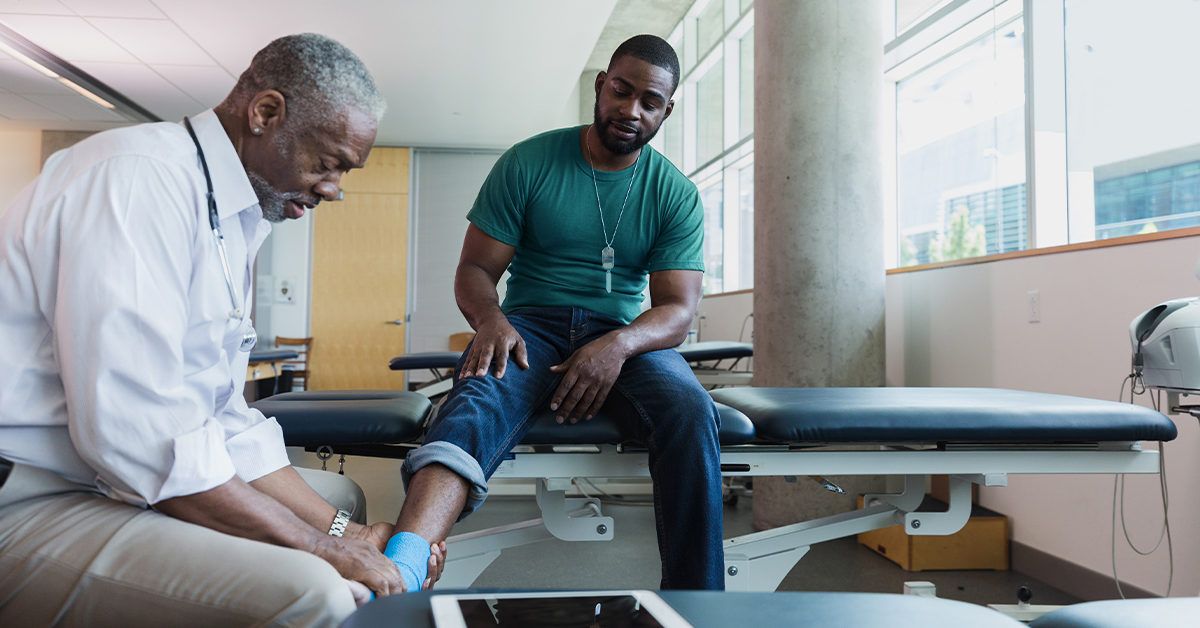Our Axis Spine And Orthopedics Ideas
An orthopedic doctor is a medical professional who specializes in dealing with issues of the bones, joints, and connective cells, and ensuring you keep a healthy bone and joint system., we have very qualified orthopedic doctors that are capable of dealing with patients of all ages. I obtained involved in research study throughout my first year of clinical college, and I started making links with orthopedic surgeons early on.
Review the post-operative care plan with your specialist. Arrange for transportation to and from the healthcare facility on the day of surgical procedure.
How Axis Spine And Orthopedics can Save You Time, Stress, and Money.

Your doctor will give plenty of info pertaining to post-operative care, including exactly how to remain tidy and keep the surgical area tidy. Adhering to these suggestions can prepare you literally and emotionally for your orthopedic surgery. Keep in mind to maintain a positive overview and trust fund your clinical group's know-how, adding to a smoother recovery process.

Otherwise, you'll just obtain perplexed. Assume concerning the huge photo. Nobody expects you to recognize anything, so do not try to memorize a number of arbitrary truths. Whether you're running after your kids, taking on treking trails, or revealing off your ideal dance moves, maintaining your bone and joint system in terrific shape is essential. Or else, joint pain can really screw up your life.
The continuous ache in your knee or the rigidity in your shoulder can slow you down and make straightforward tasks difficult. Usual conditions dealt with by orthopedic specialists are: Fractures and Bone Injury: Broken bones and various other injuries from mishaps or impacts. Joint inflammation: Particularly osteo arthritis, which causes joint discomfort and stiffness. Benign Soft Cells Tumors: Non-cancerous developments in muscle mass or various other soft tissues. Bone Cancer Cells: Tumors in the bones. Bursitis: Swelling of the small cavities of.
The Buzz on Axis Spine And Orthopedics
fluid that support the bones, tendons, and muscle mass near your joints. Neck and Reduced Back Discomfort: Issues affecting the spinal column. Orthopedic Injury: Extreme injuries affecting bones, joints, or soft tissues. Sports Injuries: Issues like ligament splits, tendon injuries, and joint pain from athletic activities.
Strains and Pressures: Injuries to tendons and muscular tissues. Tendinitis: Swelling of the ligaments. Orthopedic surgeons perform a variety of procedures to help people with musculoskeletal issues. Common examples are knee and hip replacements. Joint Restoration: Rebuilding a damaged joint to restore its feature. Bone Grafting: Taking bone from one component of the body and transplanting it to an additional location to fix and reconstruct harmed bones. Reconnecting like it Nerves: Repairing damaged nerves to restore movement and experience. Back Disk Substitute: Changing a damaged spinal disk with an artificial one to ease pain and restore feature. You'll require to take and pass the Medical College Admission Test( MCAT). This standardized examination examines your understanding and skills required for success in medical college. Clinical college is an extreme

Everything about Axis Spine And Orthopedics
Next, they finish an orthopedic residency. It's usually 5 years and supplies hands-on learning in a medical setup. Visits usually include: Reviewing your symptoms, clinical background and way of life.
Therapy recommendations. Some problems need extra imaging, like a CT check or MRI for more thorough sights of the agonizing location. Your orthopedist will advise treatments to decrease symptoms till you get a diagnosis. Orthopedic doctors specialize in nonsurgical and surgical strategies. For sure types of orthopedic injury or genetic conditions, surgery is commonly the initial line of treatment. For many various other problems, orthopedists attempt nonsurgical treatments. It might take more than one kind of therapy to accomplish enduring alleviation. Picking the right is essential for effective medical end results and boosted patient recovery. With a broad variety of choices offered in the marketplace, it can be frustrating for both doctors and patients to make an informed choice. The leading 5 variables to take right into account when picking an orthopedic dental implant are medical compatibility, cost-effectiveness, factors to consider for modification surgical procedure, patient-specific variables, and the layout and technology of the dental implant. They can be found in numerous forms, dimensions, and materials, each serving a particular function based on the patient's needs. Recognizing the essentials of orthopedic implants is essential before diving into the decision-making procedure. One of the leading factors to consider when picking an orthopedic implant is its compatibility with the surgical procedure. Various implants are made for different surgical techniques and approaches. The orthopedic dental implant should be particularly created to fit the patient's makeup and make sure stability throughout the recovery process. Surgical compatibility entails aspects such as implant dimension, shape, and material. The success of orthopedic treatments relies greatly on the appropriate selection and positioning of implants that are compatible with the patient's makeup and medical background. By focusing on patient safety and security and health, orthopedic doctors can achieve effective results and give the best of like their clients. Surgeons need to carefully take into consideration the biomechanical properties of the dental implant and how it will certainly incorporate with the individual's bone structure. This will add to much better medical outcomes, minimized complications, and much shorter recovery time. When choosing implants for a person, it is necessary to take into consideration a variety of patient-specific aspects that can affect the success and outcome of the treatment. These variables encompass the individual's age, bone quality and quantity, dental wellness status, medical background, way of living habits, and aesthetic choices. For older people with compromised bone density, much shorter implants or implanting treatments might be advantageous to supply the essential stability and assistance. 3. Is the size of the orthopedic implant a crucial factor to consider? Just how does it influence the operation and the patient's healing? Yes, the size of the implant is important as it has to match the person's framework for correct fit and functionality. 4. Can the patient's age and lifestyle contribute in choosing the most suitable orthopedic dental implant? Definitely. Just how does the price of an orthopedic dental implant variable right into the decision-making procedure, and are there ways to balance quality with affordability? The cost of the dental implant is a crucial factor to consider, however it must not be the sole determining element. Balancing quality with price entails considering different implant options 'lasting advantages and possible issues.
Comments on “The Buzz on Axis Spine And Orthopedics”